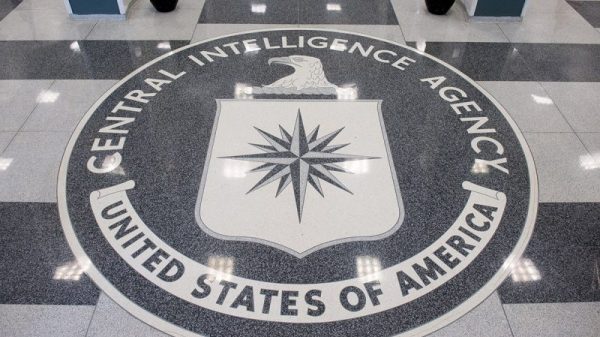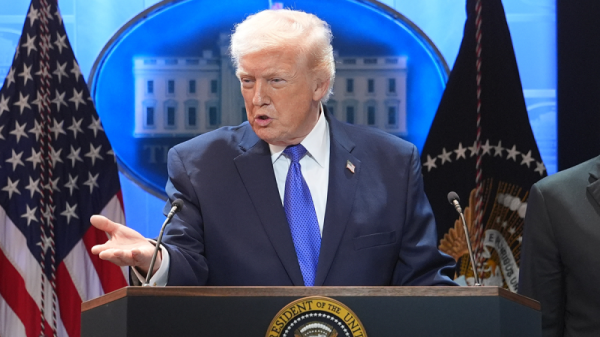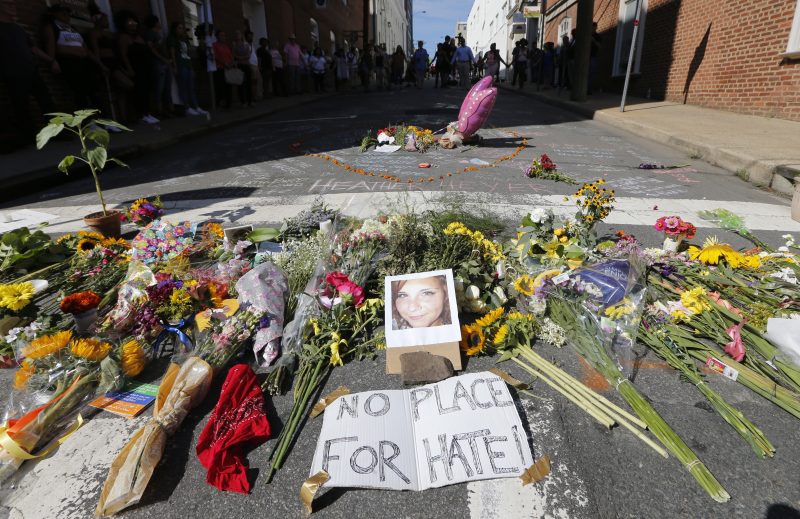In a recent viral incident, former President Donald Trump made comments regarding the participants of the notorious Charlottesville rally in 2017, referring to them as very fine people. This statement stirred controversy and prompted various interpretations from the public. While some defended his words, suggesting that he was referring to the non-violent individuals present, others condemned his rhetoric as divisive and insensitive, given the rally’s association with white supremacy and violence.
Analyzing Trump’s choice of words, it is crucial to delve deeper into the context and subtext of his statement. The event in question, the Unite the Right rally, was a gathering of far-right groups, white supremacists, and neo-Nazis protesting the removal of Confederate monuments. The rally culminated in clashes with counter-protesters, resulting in injuries and one casualty. In this charged environment, Trump’s characterization of the attendees as very fine people raises questions about his perception of the situation and his stance on issues of race, bigotry, and extremism.
Some supporters of the former president have argued that Trump’s comments were taken out of context and that he was simply trying to emphasize that not all participants in the rally were violent or hateful. They believe that his intention was to condemn all forms of extremism and promote unity. However, critics have pointed out that Trump’s failure to unequivocally denounce the white supremacists and their ideologies at the rally sends a dangerous message and emboldens hate groups.
Furthermore, Trump’s track record on race relations and his public statements in the past have been a source of contention. His rhetoric often polarizes public opinion, with some viewing his remarks as inflammatory and discriminatory. The Charlottesville incident served as a flashpoint for debates on race, identity, and political leadership in the United States, highlighting the complexities and challenges of addressing deep-seated prejudices in society.
In the larger context of political discourse and social dynamics, language plays a crucial role in shaping perceptions and attitudes. Public figures like Trump wield significant influence through their words and actions, and their statements have the power to either unite or divide communities. The Charlottesville comments exemplify the need for leaders to choose their words carefully, especially when addressing sensitive and contentious issues that have the potential to inflame tensions and deepen existing divisions.
Ultimately, the impact of Trump’s very fine people comments extends beyond the immediate controversy, serving as a stark reminder of the complexities of navigating issues of race, hate, and extremism in contemporary society. As the nation grapples with deep-rooted divisions and ideological battles, understanding the implications of political rhetoric and the nuances of language becomes increasingly critical in fostering dialogue, empathy, and understanding among diverse communities. By critically examining statements like Trump’s Charlottesville remarks, we can delve into the underlying meanings and messages that shape our perceptions of leadership, justice, and equality in a complex and evolving world.






















